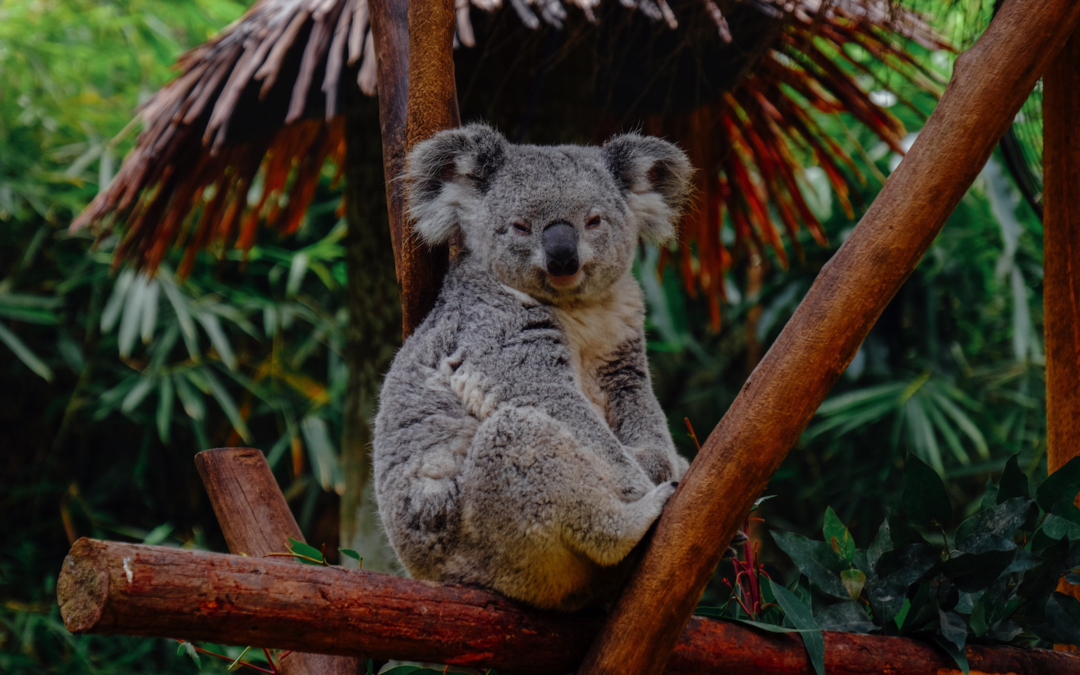Image Credit: Ellicia via Unsplash.
I am happy to share that a new, peer-reviewed research article, “Reconciling culture and conservation of wildlife: Field insights regarding sustainable community development projects and stakeholder wellbeing,” was published in the journal “Community Development” last week. My coauthors, Rotem Weizman, Craig A. Talmage, Carson Barylak, and I enjoyed the collaboration on this work and learned so much.
In this paper, we looked at five cases in which there are tensions between local culture and wildlife conservation: Whaling in Iceland, elephants in Thailand, monk seals in Hawaii, koalas in Australia, and wildlife in Alaska. With input from multiple sources, including contributions from conservationists with first-hand experience in these projects and places, we identified several lessons and themes for how conservation and culture might be better reconciled to enhance the wellbeing of humans and wildlife.
The research and analysis demonstrate how different communities have and can shift values to view animals as co-producers of wellbeing rather than commodities. These communities can find ways to examine and take advantage of the intersections of economic, cultural, and natural capital. Additionally, we explored how species are culturally defined is a critical element of these conservation projects and can raise questions regarding power, ownership, and leadership in future sustainable development efforts, including wildlife conservation.
We are grateful to those who contributed their experiences in these communities, and for the advice they provided. At OneNature, we consider cultural and spiritual connections to wildlife a critical element that, more often than not, goes underappreciated in conservation practice. We focus much of our future research on these non-material values that wildlife brings to people.
We are working with a number of conservation partners and community leaders to develop another set of recommendations on how cultural and spiritual connections to wildlife are a critical piece of the conservation puzzle. We would love to learn more from conservation and community leaders about your experiences with this link, so please share your experiences with us.
A special thank you to Arni Finnsson, Whitney Beer-Kerr, Kieran Mulvaney, Rebecca Keeble, Josie Sharrad, Alison Davis, Megan Gisonda, and Jimmiel Mandima for your contributions, review, and/or comments on this paper!
